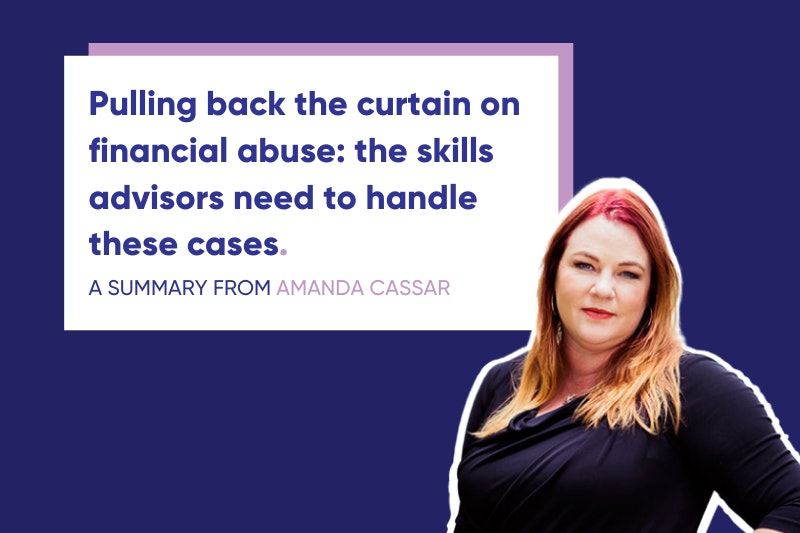So most of us have heard about Self Managed Super funds, but where do they fit in the somewhat complex world of superannuation funds?
Basically, there’s three options at the disposal of a working Aussie.
1. The Industry Fund, some refer to as a union fund. Typically, an industry will have a designated fund for members of a certain profession, such as the MTAA for motor trades employees or CBUS for those in the construction industry. Most come with a default amount of low cost insurance, low fees and have a limited range of investment options. A very vanilla, often cheap and very easy option, especially when just starting out.
2. A retail fund, Master Trust or Wrap is a platform that offers the ability to choose from a wide range of managed funds and direct share options. Often they are the choice of an engaged employer who likes to offer additional benefits to staff, or those working with the assistance of a financial adviser. Some allow capping of fees, family linking or taxation at a member level and a choice of investor directed insurance options. They’re certainly more sophisticated and come at a higher cost than an industry fund due to the extra ‘bells and whistles.’
3. The self managed super fund is different again with the members running, administering and managing their retirement savings. There are inherent dangers for getting it wrong, and many still choose to partner with professionals so their goals can be reached. Fees can be higher depending on choice of service provides, whilst others realise substantial savings. Control & flexibility, personalised insurance, streamlined admin and extra investment options including direct property are big draw cards.
There seems to be a lot of confusion and conflicting information in the market for people researching their options in regard to self managed superannuation funds. Some sites advise that you need at least $250k for the exercise to be worthwhile and others advise that as little as $70k will do the trick.
Truth is, it comes down to you.
Firstly analyse: What are your reasons for wanting to do a SMSF?
For most the answer comes down to two big issues – control and flexibility.
After that are secondary considerations such as fees, administration and taxation.
Since the GFC or global recession began in late 2007, most haven’t been able to fully recoup losses and fund returns remain lower on average with high volatility. Many clients express the feeling they’d be better off with a property or term deposit (which may or may not be true.) Others believe that constant government meddling with legislation changes, capping deposits allowable and possible tax alterations mean it’s all just too hard to keep up with.
Having control means you’re able to choose assets that aren’t typically available in a standard industry or retail fund, such as Exchange Traded Funds (ETFs) or residential and commercial property. Flexibility provides the options or being able to pick and choose, and buy and sell at your leisure.
Fees are often touted as the ‘be all and end all’ when investing and certainly can make a impact. We’ve all seen the ‘compare the pair’ ads where only fees are ever considered. No thought is given to the impact of tailored financial advice, a strategy that includes salary sacrifice, additional investments or co-contributions and having the investments match your personal risk profile. All of which may lead your fund ahead in leaps and bounds and sometimes negate a slightly higher cost structure.
So when comparing an industry fund to an SMSF, it’s highly possible the fees on the industry fund will be lower than the administration costs of an SMSF. This however doesn’t take into account the impact of suddenly being more engaged with the fund, loving the assets you’ve chosen, contributing more and the immediate ability to defer and possibly reduce the 15% tax payable on all contributions.
Accountants often charge around $2000 and upwards for the tax return and an additional $500 or more for your annual audit. But competition is a wonderful thing and in many cases has brought prices down. But pay peanuts and you may get monkeys. So, do be careful!
If in doubt, invest in the time to sit down with a professional who specialises in SMSF to discuss your goals and see whether it fits in your financial journey. Amanda from Wealth Planning Partners would be happy to assist, or check out the SPAA website for your closest qualified specialist Adviser.


Latest News / Blog Post
Posted on June 13, 2014
Is a Self-Managed Super Fund right for you?
Tagged With: Advice | Australia | Banks | Economy | Finance | finances | Interest Rates | Investor | Money | Protection | Retirement | SMSF | Super | Superannuation
RECENT POSTS
CATEGORIES
Previous Articles
Head Office
P.O Box 3592, Burleigh Town, QLD, 4220
Contact Us
Phone: 07 5593 0855
Email: info@wealthplanningpartners.com.au
Office Hours:
9am - 5pm Monday to Thursday
9am - 12pm Friday
(Other appointment times by request)



Registration
WPP Licensee Services Pty Ltd
P.O Box 3592, Burleigh Town, QLD, 4220
Robina, QLD, 4226
AFSL No. 530393
ABN# 76 649 079 998
Copyright © 2023 Wealth Planning Partners Pty Ltd | All Rights Reserved | Website designed by Xenex Media


 January 18, 2025
January 18, 2025 

















